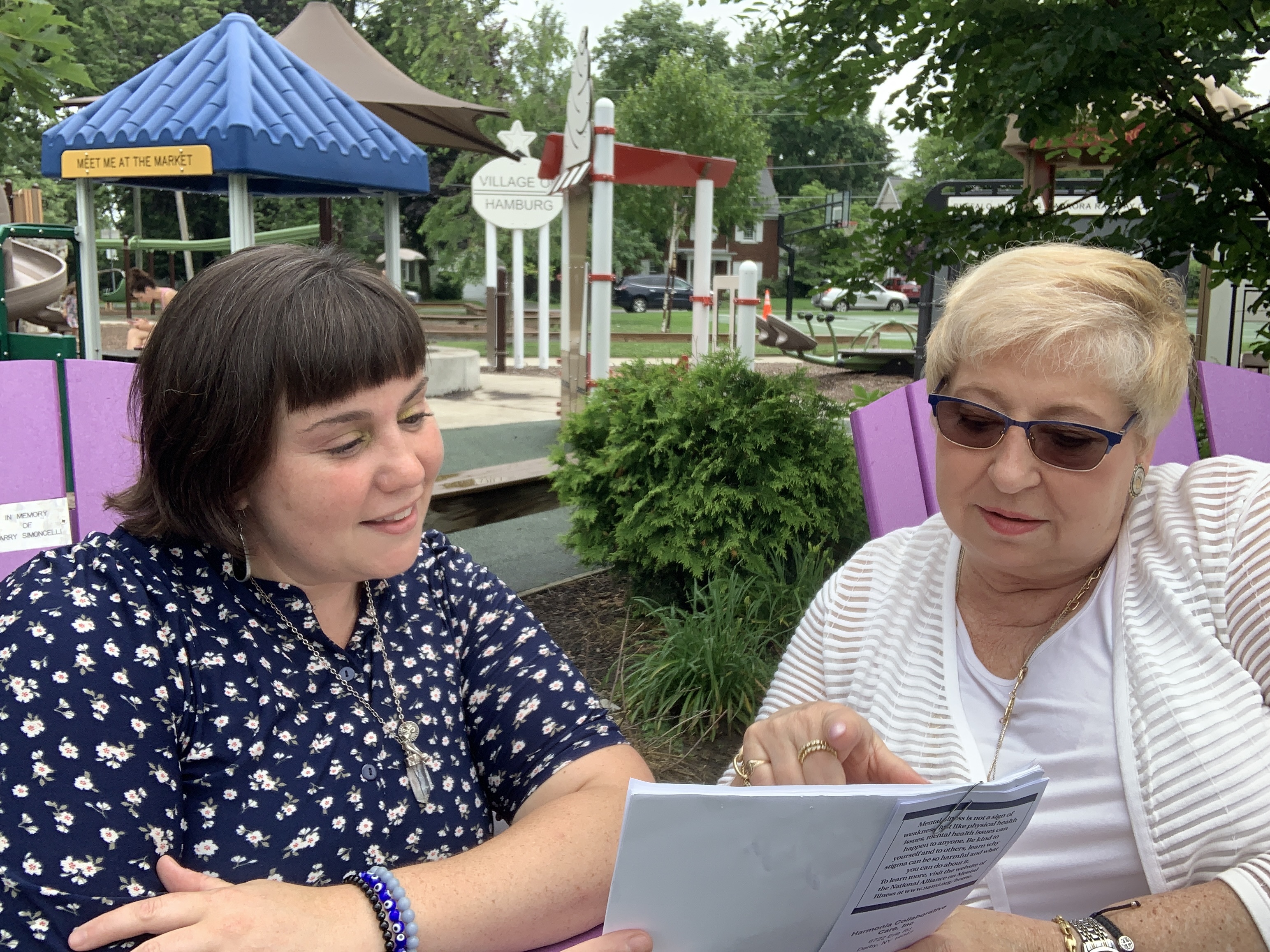





Select a headline to read more.
Should Your Senior Loved One Move?
Change can be a tricky thing. Some people embrace it throughout their lives, filling the need for different environments with cross-country moves, travel, and job changes. Others prefer the comfort of a more static life. As we get older, many people tend to resist change, particularly when it means leaving the security of your home – forever.
If you suspect that your aging loved one can no longer adequately live independently, or you know that you are incapable of providing the care they need, it may be time to schedule a conversation with them. As you navigate this new and emotional territory, consider calling in some support for your senior from Harmonia. We want to help.
Watch what you witness and listen to your gut
You should monitor any behavior shift for continued change. If your loved one takes pride in a tidy home, for example, and you show up to clutter and disarray, take note. A one-time incident may not be much of a concern, but a pattern is noteworthy. This is true of any aberrations you witness. Are they uncharacteristically cranky or quick to anger? Have they lost weight? Are they leaving bills unpaid, or prescriptions unfilled?
Also take notice of any mobility changes. If your loved one is encountering difficulties in getting around, they can be at an increased risk for falls, which can be dangerous for seniors. You can reach out for help coordinating supportive services, but keep in mind that this option is likely just an interim solution for a problem that is bound to get worse.
If you don’t or can’t see your loved one every day, let a trusted neighbor know what is going on and ask them to assist you in monitoring for behavior or attitudinal changes.
Expect resistance against the unknown
If your loved one has lived in their home for years, confronting the reality that they can no longer live there can be terrifying to them. Before having a conversation, enlist the help and support of family members so you can be unified – but without undue pressure or forcefulness.
A good avenue to the discussion is to start some time before the decision needs to be made. Couch it in casual conversation, framing it as a way to make sure their wishes are honored. If possible, try to have these conversations in person, not over the phone.
Research facilities in your area, but make sure your loved one knows that they’ll be involved in the decision. Try to schedule visits with your loved one if you can follow safety protocols. Let them list what they like and what they don’t like, and keep the search as upbeat as possible. Emphasize the positive aspects, such as increased social activities with people their age, and less household responsibilities. If your loved one has a pet, finding a facility that allows them to take the pet with them can provide a big emotional boost.
If your loved one is still resistant, consider the possibility that they are worried about paying for long-term care. The fear is real, particularly if they don’t qualify for Medicaid or have long-term care insurance. Presenting the selling of their home as one possibility can put their mind at ease, even if they are understandably conflicted. Having additional family support with the home-selling decision may help your loved one feel better about it.
Once you all agree on this route, find an agent who has experience in safely selling a home during the pandemic. Video technology has given real estate agents and prospective buyers some innovative and safe options, with agents using virtual tours and open houses, 3D walk-throughs, and even video chat tours to present homes to interested buyers.
Keeping some things constant
As your loved one makes the move into long-term care, reassure them of the things that won’t change: your love and your presence. Let them know you’ll be visiting regularly and name some of their favorite things that you two can still do together, even while at the new facility. And throughout this period of change, keep the services of Harmonia in mind to help you and your loved one keep balance in your lives.